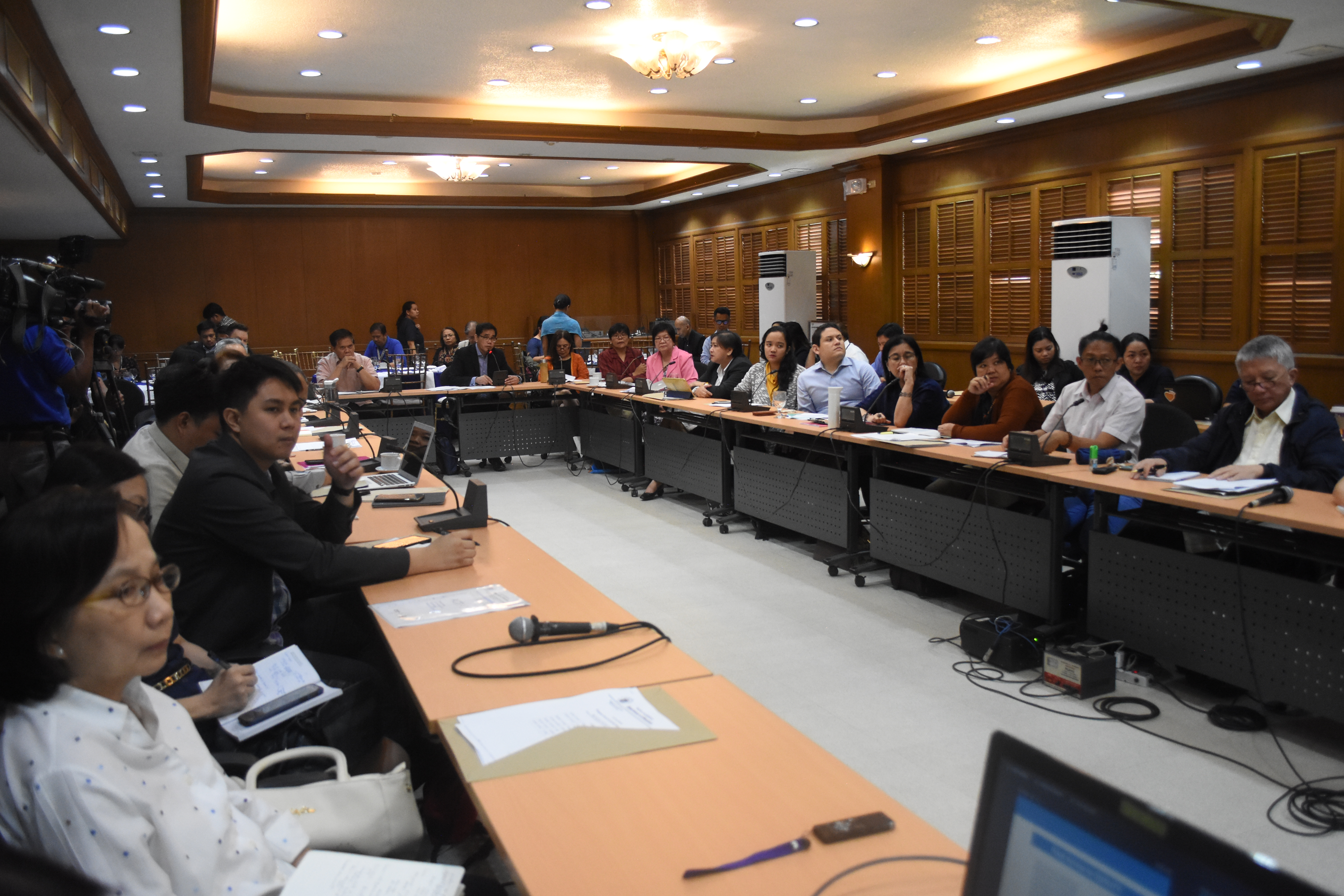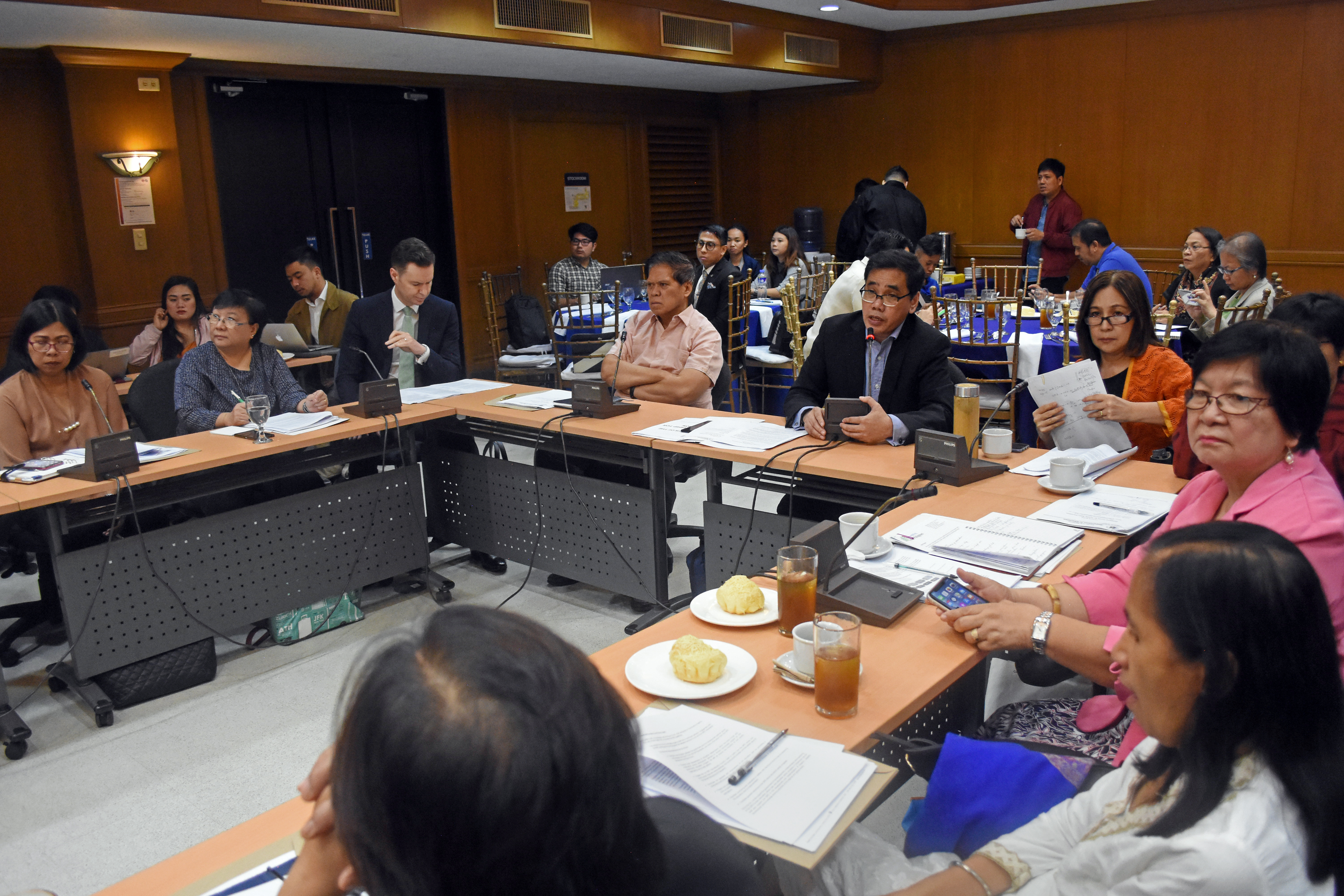QUEZON CITY, November 6, 2019 –The Department of Education (DepEd) convened partners from various sectors to form the Philippine Forum for Quality Basic Education (Educ Forum) on November 6, at SEAMEO Innotech, Commonwealth Ave, Diliman, Quezon City.
Education Secretary Leonor Briones stressed that while government efforts have produced major gains in access to education, “our biggest concern and challenge in basic education today is quality.”
Currently, 27.2 million Filipino children and youth are in school, from Kindergarten to Grade 12 (K to 12).
“In terms of access, our programs are mainly focused on addressing the remaining access gaps such as schools that are located in geographically isolated, disadvantaged and conflict-affected areas” Briones said.
The Secretary added that despite the reforms, “we still have to reach appreciable gains in the quality of education.”
The DepEd-led consultation initiative will kickstart a main policy shift geared towards ensuring that the quality of basic education is also aligned with global standards.
Through Educ Forum, DepEd aims to institutionalize a platform for consultation and collaborative research in strategic basic education policy, planning, and programming to address critical issues in the implementation quality education.
“Complicating the challenge of meeting current quality standards is the need for basic education to keep pace with the rapidly changing social and economic environment brought about by technological innovations,” Briones added. “We can’t be static.”
The Educ Forum will also be a vehicle for DepEd to join the Global Partnership for Education (GPE), an international multi-stakeholder partnership platform that aims to strengthen education systems in developing countries in order to dramatically increase the number of children who are in school and learning.
The Forum is composed of DepEd and education partners including civil society organizations, education sector organizations, private organizations and foundations, bilateral agencies, and multilateral organizations.
END




